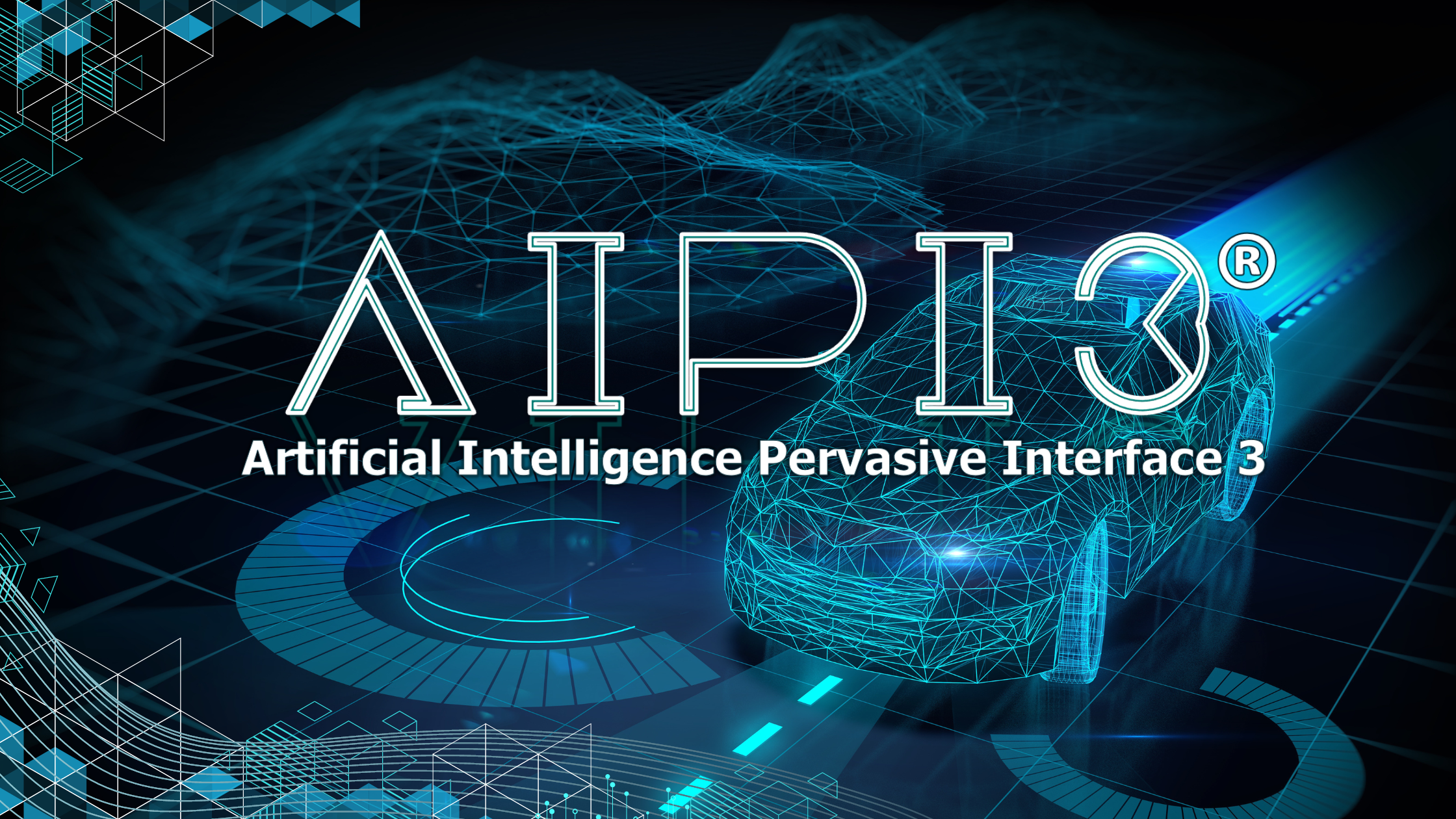Integrating AI into Automobiles
- By AIPI3 Data Science Team

The automobile market is undergoing drastic changes as consumer focus shifts from form to function. Modern consumers are interested in electric vehicles, self-driving cars, emissions reduction, road safety, and many other areas that require integrating new technologies and innovations. Artificial intelligence (AI) and machine learning (ML) can help improve the driver experience and transform automobile capabilities to meet consumer demand.
Self-Driving
Self-Driving is one of the most well-known applications of AI in automobiles. It utilizes combine onboard computer systems, vehicle sensors, and AI software to facilitate autonomous operations. AI vision systems can recognize traffic lights, road signs, road edges, lane markings, pedestrians, neighboring cars, and oncoming cars. AI control systems can control all major car operations such as control acceleration, braking, and steering. These systems can take appropriate actions based on road conditions.
Digital Assistants
AI-powered digital assistants can transform how drivers and passengers interact with their cars. AI assistants interpret human speech and can help drivers stay focused on the road while they control automotive functions. It can enable hands-free operation of car functions such as controlling entertainment devices (radio, media players, etc.), requesting navigation information, adjusting heating/cooling systems, making/receiving phone calls and messages, etc. They can enable important accessibility features as well.
Vehicle and Road Safety
Autonomous vehicles have access to significantly more sensor data compared to traditional cars. AI can help improve vehicle safety in several ways: AI-powered interior cameras can monitor driver alertness levels and alert drivers of potential accidents and collisions. AI can predict the risk associated with different road conditions based on data from vehicle sensors, traffic records, accident reports, and weather conditions. AI-based navigation systems can suggest safe routes during inclement weather, road accidents, road closures, and other hazardous situations.
Predict Maintenance
Drivers typically have a difficult time detecting and diagnosing automotive problems, and these problems can cause inconveniences and even expensive repairs if left unresolved. AI-powered automobile software can monitor data from onboard computer systems and detect potential issues before they occur. Predictive maintenance can alert drivers when automotive components or systems require maintenance or repair. ML can evaluate data from the manufacturer’s maintenance issue datasets to indicate the severity of issues and recommend solutions.
Digital Twins
Digital twins are virtual models that simulate the behavior of objects or systems. These models use historical and real-time data, data science, and machine learning to guide decision-making. Automobile manufacturers use digital twins to analyze the performance of real cars by leveraging data collected from automobile sensors. Digital twins help in the early detection of performance and safety issues. Furthermore, manufacturers can analyze a large number of possible test scenarios in comparison to traditional testing methods. Businesses in the automobile industry can use digital twins to simulate the performance of automobile parts and balance cost-effectiveness and quality requirements when selecting components.
Interested in exploring the potential of AI in automobiles? AIPI3’s machine learning solutions are driven by artificial intelligence & machine learning experts with extensive experience across a wide range of industries, specializations, and applications.
Get in touch with AIPI3 to discover how we can assist you!
